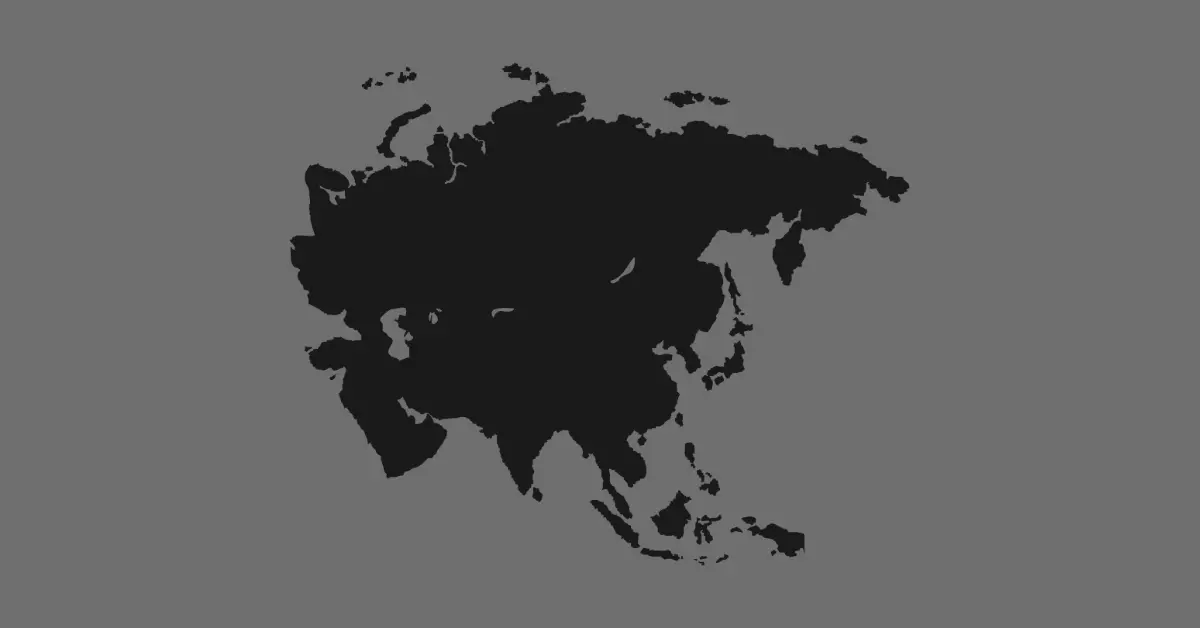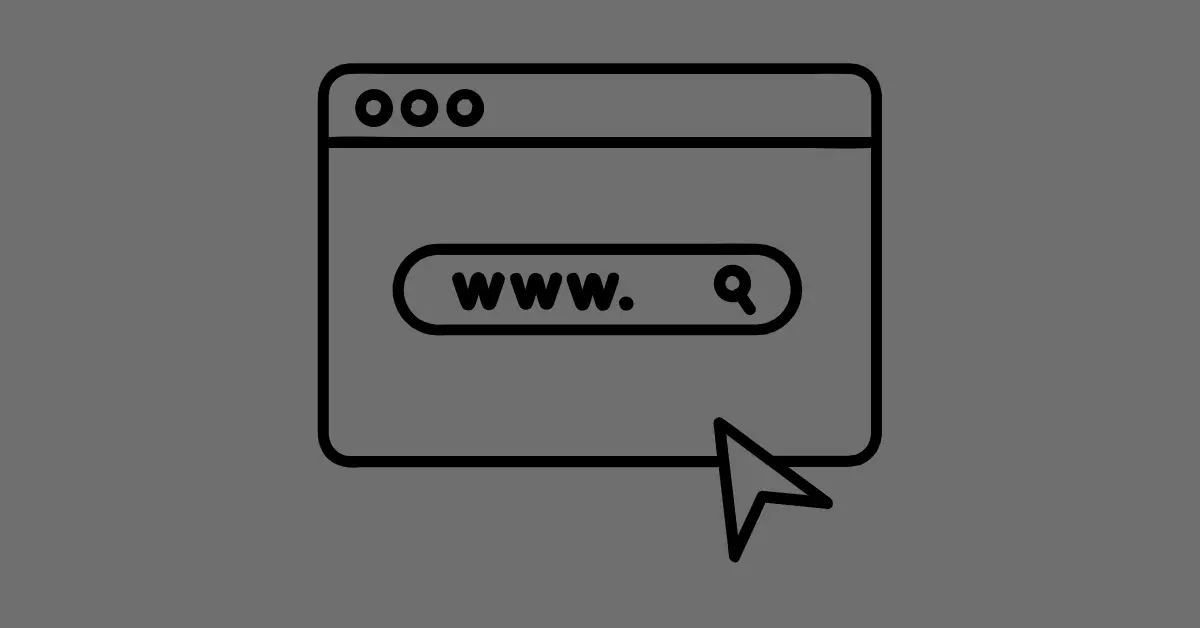An emergency fund is a fund you set aside for financial emergencies and unexpected expenses. You usually want to set aside 3 to 6 months worth of expenses for this budget. Explore this guide to learn more about building a budget.
Having an emergency fund has gotten me out of plenty of tricky situations as a digital nomad and expatriate. I want to help you understand why having one is important.
Don’t consider any of this as financial advice. My intent for this guide is for you to understand what an emergency budget is and what to consider when building it. Consult financial experts regarding investment/savings vehicles.
Summary
- Emergency funds are a great way to provide financial security for digital nomads.
- Save 3 to 6 months of your living expenses.
- Ensure you can easily withdraw emergency fund.
- Consider saving in a high-yield savings account.
What Is an Emergency Fund?
An emergency fund for a digital nomad is a source of money that you set aside and store away safely to use in case of unexpected expenses or financial emergencies. These may arise while traveling or working remotely.
It is a financial safety net that can help you cover costs such as:
- Unforeseen medical expenses or health insurance
- Home-appliance repair or replacement
- Major car fixes
- Unemployment or loss of income
- Travel delays, cancellations, or changes
An emergency fund is only for regular expenses, travel splurges, or urgent or essential investments. Keep an emergency fund in a separate account that is easily accessible and has a high-interest rate.
An emergency fund should ideally have enough money to cover 3–6 months’ living expenses, depending on your lifestyle and income stability. However, if saving that much is difficult, you can start with a smaller goal and build your fund over time.
How an Emergency Budget can Help
An emergency fund can help you deal with unexpected situations by providing a financial cushion to cover your essential expenses and avoid going into debt. For example:
Losing your income source or clients:
If you lose your job, business, or clients, you may only have income for a while once you find new opportunities. An emergency fund can help you pay for your living costs, such as rent, food, utilities, and transportation, while you look for another source of income.
It can also help you avoid using credit cards or loans that may charge high-interest rates and fees.
Facing a health crisis or injury:
If you get sick or injured, you may have to pay for medical bills, prescriptions, or treatments not covered by your health insurance or travel insurance. An emergency fund could help you afford care without compromising your health or well-being.
It can also help you cover any lost income if you cannot work due to your condition.
Having to evacuate or relocate due to natural disasters, political unrest, or travel bans:
If you travel or live abroad, you may encounter situations that force you to leave your current location or country.
This could be due to the following:
- Natural disasters: Earthquakes, floods, or wildfires
- Political unrest: Riots, protests, or coups
- Travel bans: Border closures, lockdowns, or quarantines.
An emergency fund can help you pay for the costs of evacuation or relocation, such as flights, hotels, visas, or transportation. It can also help you cope with any changes in your plans or itinerary.
Experiencing theft, fraud, or legal issues:
If you are a victim of theft, fraud, or legal issues, you may lose money or property that’s important to you. You may also have to pay for fees, fines, or damages not covered by your insurance or travel insurance.
An emergency fund can help you replace what you lost or pay what you owe without draining your savings or assets. It can also help you deal with any emotional stress or trauma resulting from these situations.
Having an emergency fund is a smart way to prepare for the uncertainties and challenges that life may throw at you.
How Much Do You Need in an Emergency Budget?
Some guidelines on how much money you should save in your emergency fund are:
You should have enough in your emergency fund to cover 3 to 6 months’ living expenses.
To calculate your living expenses, add your essential spending categories, such as accommodation, food, insurance, travel, and any expenses you need to work. You should also include any debt payments you have to make each month. You can multiply this amount by either 3 or 6.
Depending on your risk tolerance and lifestyle.
If saving 3 to 6 months’ worth of expenses feels impossible, start with a smaller goal and build your fund over time. For example, you can start with $500 or $1,000 and gradually increase your savings until you reach your desired amount.
Also, consider your travel plans and how they may affect your emergency fund needs. For example, if you plan to travel to more expensive or volatile destinations, you may want to have a larger emergency fund than staying in cheaper or more stable places.
Adjust your emergency fund based on the availability and cost of health care, insurance, and transportation in different countries.
Review your emergency fund regularly and update it as your income, expenses, and travel plans change. Replenish your emergency fund if you use it for an emergency.
How to Build an Emergency Fund
The following sections will cover how to build an emergency fund as a digital nomad.
1. Set a Savings Goal
Building an emergency fund starts with setting a clear savings goal. Financial experts typically recommend having 3-6 months’ living expenses in your emergency fund.
To calculate your savings goal, follow these steps:
- Determine your monthly living expenses, including rent, utilities, groceries, & transportation.
- Multiply your monthly expenses by the number of months you want to save for (3-6 months is a good rule of thumb).
- Set a realistic timeframe to achieve your goal.
Where to Save Emergency Fund
Choosing the right place to save your emergency fund is crucial for easy accessibility and growth.
Typical accounts where most people store emergency funds include:
- High-yield savings accounts (HYSA): These accounts offer higher interest rates than traditional savings accounts, helping your money grow faster.
- Money market accounts: These provide higher interest rates than regular savings accounts & often come with check-writing privileges for easy access to your funds.
- Certificate of deposit (CD) ladder *: A CD ladder consists of several CDs with different maturity dates, allowing you to access funds periodically without penalty.
- Bond ladder *: A bond ladder involves purchasing multiple bonds with staggered maturity dates, providing a steady flow of income & access to funds over time.
- Physical assets: Gold, silver, or other precious metals could be a part of your emergency fund, as they tend to hold their value over time.
* While CD and bond ladders can offer higher returns and a steady flow of income, they come with potential risks, such as early withdrawal penalties and market fluctuations. Consider the pros and cons before incorporating these into your emergency fund strategy.
It’s essential to keep your emergency fund “liquid,” meaning it’s easily accessible when you need it.
Diversifying your emergency fund across different savings vehicles can help safeguard your money in case of bank collapses or other situations. However, always ensure that your funds remain easily accessible during emergencies.
2. Automate Your Savings
Automating your savings is one of the best ways to build your emergency fund quickly. Set up an automatic transfer from your checking account to your emergency fund monthly or bi-weekly. This ensures you’re consistently saving without having to think about it.
3. Cut Down on Unnecessary Expenses
Trimming unnecessary expenses will help you save money fast.
Implement these budgeting tips to free up cash for your emergency fund:
- Cancel unused subscriptions & memberships
- Opt for home-cooked meals instead of dining out
- Shop around for better deals on insurance, utilities, & other recurring bills
- Use public transportation or carpool to save on gas & vehicle maintenance
4. Diversify Income Streams & Take on More Projects
Increasing your income is an effective way to boost your emergency fund.
Consider income diversification by exploring these options:
- Freelancing or consulting in your field of expertise
- Offering services such as tutoring, pet sitting, or home repairs
- Renting out a spare room or property on platforms like Airbnb
- Selling handmade products or vintage items online
5. Take Advantage of Discounts
Taking advantage of discounts, rewards, or cashback programs helps you save money fast.
Utilize these strategies:
- Use cashback apps like Rakuten or Ibotta when shopping
- Leverage credit card rewards for everyday purchases
- Seek out discounts & coupons for groceries, dining, & entertainment
- Take advantage of seasonal sales & promotions for larger purchases
Building an emergency fund fast is achievable through setting a savings goal, choosing the right place to save, automating your savings, cutting down on expenses, diversifying your income, and taking advantage of discounts.
How to Access Your Emergency Fund While Traveling
Here’s a quick overview of what to consider in these sections:
- Choose a fee-free online bank with international partnerships
- Use multi-currency accounts & favorable exchange rates
- Protect your accounts with strong passwords, 2FA, & secure internet connections
- Review & update your emergency fund regularly
The following sections will dive further into each point.
1. Avoiding Fees & Losses
Accessing your emergency fund while globetrotting doesn’t have to be a costly affair. Planning and leveraging digital banking will save you from unnecessary fees and potential losses.
Here’s what to do:
- Choose a bank with no foreign transaction fees: Opt for online banks that offer fee-free international transactions to save money on every withdrawal or purchase.
- Use a multi-currency account: Open an account that allows you to hold & transfer multiple currencies at a favorable exchange rate, like Wise.
- Leverage local partnerships: Some banks have agreements with foreign banks, allowing you to use their ATMs without fees.
- Look into your bank’s international partners before departure.
2. Protecting Yourself From Fraud, Theft, & Cyberattacks
Follow these security tips to prevent fraud, theft, and cyberattacks:
- Use strong, unique passwords for your online banking accounts.
- Consider using a password manager for added security. I recommend BitWarden.
- Enable two-factor authentication (2FA) for your banking apps, ensuring that only you can access your account.
- Avoid using public Wi-Fi when accessing your online banking, as this may expose you to potential hackers.
- Instead, use a secure VPN or your own mobile hotspot. I use & recommend Surfshark VPN.
- Monitor your account activity regularly, & immediately report any suspicious transactions to your bank.
3. Review Your Emergency Fund Frequently
Regularly reviewing your emergency fund is crucial to ensuring its adequacy for any unforeseen expenses.
To make the most of your emergency fund, follow these guidelines:
- Update your fund based on your current financial situation & travel plans.
- Reassess your fund after major life events, such as job changes, marriage, or new family members.
- Keep a separate account for your emergency fund to prevent accidental overspending.
By choosing the right online banking options, staying vigilant with money transfer security, and reviewing your fund frequently, you’ll be well-equipped to handle most financial emergencies that may arise during your adventures.
How to Use Your Emergency Fund Wisely
An emergency fund covers unexpected and essential expenses you cannot postpone or avoid, such as medical bills, car repairs, or travel changes. Don’t use the fund for your wants, such as a new gadget, a vacation, or a wardrobe update.
Everyone’s situation and risk tolerance are different. You must decide what qualifies as an emergency. For example, some people may consider a broken laptop an emergency if they rely on it for work. Others may not if they have a backup device or access to another computer.
Jot down your criteria for an emergency and review them regularly to ensure they are still relevant and realistic.
Whenever you use your emergency fund, record the amount, the date, and the reason for the withdrawal. This can help you monitor your spending habits and identify any patterns or trends indicating a need to adjust your budget or emergency fund amount.
It can also help you stay accountable and motivated to replenish your emergency fund immediately.
If you use your emergency fund for an emergency, you should prioritize restoring it to its previous level or higher as soon as you can. This may mean cutting back on some discretionary spending, increasing your income, or using any financial windfalls to boost your savings.
The sooner you replenish your emergency fund, the sooner you will be ready for the next emergency that may come your way.
Review your emergency fund at least once a year or whenever you experience a major change in your situation, such as moving to a new country, starting a new job, or having a family. Depending on how these changes affect your risk exposure and financial security, you may need to increase or decrease your emergency fund amount.
Using your emergency fund wisely can help you cope with unexpected situations without compromising your financial health or well-being.
How to Leverage Geoarbitrage to Boost Your Emergency Fund
Geoarbitrage is a concept that involves taking advantage of the wage and cost disparities between different countries or regions. It is a form of geographic arbitrage, which means exploiting the price differences of the same or similar goods or services in different markets.
Geoarbitrage can benefit digital nomads in several ways, such as:
Saving money & increasing their purchasing power
For example, a digital nomad who earns US dollars online can live comfortably in a country like Thailand or Colombia. Where the cost of living is much lower than in the US.
Accelerating financial independence & retirement goals by reducing expenses
For example, a digital nomad who wants to achieve FIRE (Financial Independence Retire Early) can geoarbitrage to a lower-cost-of-living area. From there, they’d save more income for investing or retiring early.
Better quality of life through more amenities & experiences for less money
Someone who loves traveling and exploring new cultures can geoarbitrage to a destination that offers more attractions, activities, and diversity for a fraction of the price they would pay in their home country.
Negotiate Better Rates or Prices
Leverage your location to negotiate better rates with clients or vendors. Living in a low-cost country may allow you to offer competitive rates to clients, while still earning enough to contribute to your emergency fund.
However:
It also comes with some challenges and trade-offs, such as:
- Visa issues, taxes, currency fluctuations, & legal matters may complicate their situation.
- May have to obtain a valid visa, pay taxes in both countries, deal with exchange rates & fees, & follow local laws & regulations.
- Adjusting to cultural differences, language barriers, social isolation, & safety concerns.
- May have to learn a new language, make new friends, cope with loneliness, & be aware of potential risks & dangers.
- Balancing their work & travel schedules, time zones, internet access, & productivity levels that may impact their performance & income.
- May have to work at odd hours, find reliable Wi-Fi, manage distractions, & deliver quality work.
Geoarbitrage Tips & Resources
Some relevant resources for finding and comparing the best geoarbitrage opportunities include:
- Tools to help you compare living costs: Nomad List, Teleport, Numbeo, or Expatistan.
- Find & book accommodation, transportation, and other services with: Airbnb, Booking.com, Skyscanner, or Uber and other services.
- Investments, budgeting, & currency conversion: Wise, XE Currency Converter, Mint, or Personal Capital.
- Meet local digital nomads & expats: Meetup, Couchsurfing, Facebook Groups, or local subreddits (e.g., /r/Thailand)
- Learn about the culture & laws: Duolingo, Google Translate, & Travel.State.Gov.










